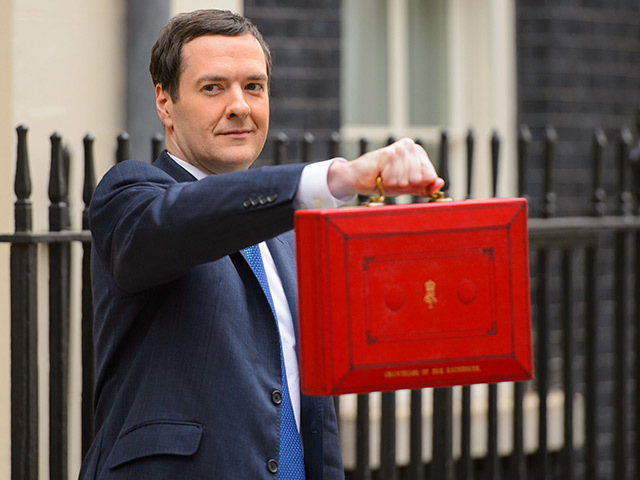
A tax loophole widely exploited to disguise employees as freelancers will be reformed in George Osborne’s Budget next week.
Civil servants, along with institutions like the BBC and the Bank of England, will be hit by rule changes to stop earners gaining tax advantages by being “off the books”.
Around 20,000 public sector workers are avoiding an average of more than £3,500 a year in income tax and National Insurance Contributions under the current system, according to the Government.
Sources claimed that an estimated 90% of earners who should comply with the rules do not.
Under the Chancellor’s clampdown, state-backed organisations, instead of the individual, will become responsible for deciding if income should be taxed at source.
New guidelines will also be introduced to make it clearer when employment taxes should be paid.
MPs criticised the BBC in 2012 after it emerged 3,000 people were paid through personal services companies, potentially allowing them to limit their tax liabilities.
The set-up was traditionally used by professional contractors doing short-term work for several firms but is now widely exploited.
Police, councils, the NHS, schools, Whitehall, Network Rail and Channel 4 will also be affected by the changes, which the Government says will ensure colleagues doing the same jobs will be paying the same amount of tax.
A Government source said: “Personal service companies can be legitimate, but we estimate that 90% of people who should comply with the rules, don’t. Some may not understand the rules but it’s clear others are using them as a way to minimise their tax bills.
“You have situations where someone working in a public body pays thousands of pounds less in tax than someone doing exactly the same job alongside them who’s taxed as an employee. That can’t be fair – either on the taxpayer or their fellow workers. We are going to put a stop to it.”
Former prime minister Gordon Brown introduced an anti-avoidance “IR35 rule“ while chancellor in 2000, but the Government says there is evidence of widespread non-compliance.
Mr Osborne has warned that there will be more public spending cuts, as well as a clampdown on tax loopholes, in the budget.
Writing in the Sun on Sunday, he said that he “wanted to be straight with“ people about the slowdown in China and the fall in oil prices and the impact.
He wrote: “If we stick to the long-term economic plan, Britain can keep out in front.
“But with the world facing its most uncertain period since the Great Recession, that will mean redoubling our efforts.”
He added: “So we’re going to need to look for more savings in the public spending, so the country lives within its means.”
The Chancellor insisted that more must be done to improve schools, roads and railways and to help business, especially small firms.
He said the cuts might not be easy but the UK needed to “act now rather than pay later”.
Mr Osborne also warned that leaving the EU would add to global uncertainty.
Mr Osborne appeared to indicate the Government may hold back from fuel duty rises in Wednesday’s Budget. The Chancellor has come under pressure from Tory backbenchers to resist hiking up the levy.
He said: “I’ll set out the tax rates in the Budget. On fuel duty, we had a manifesto commitment there and we have pencilled in fuel duty plans going forward but what I would say is, every time we can have our economy more competitive, we do.”
Around 640,000 people will be affected over the next five years by changes to Personal Independence Payments (PIP).
But Mr Osborne denied claims he was hitting the most vulnerable through cuts to the disability benefits payments.
“I don’t accept that at all. We are increasing spending on disabled people,” he said.
Recommended for you
